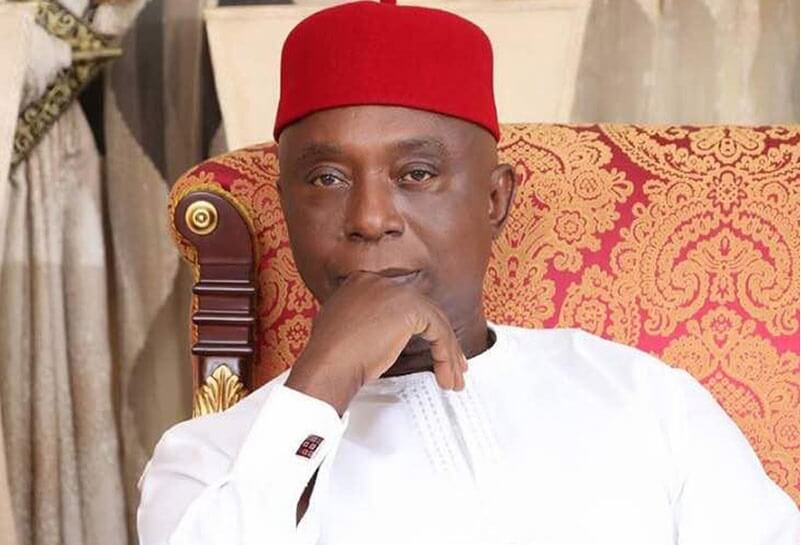Solar Deployed In 24 Federal Tertiary Institutions – Alausa

The Minister of Education, Tunji Alausa, says 24 federal tertiary institutions are being powered by solar energy under President Bola Tinubu’s administration’s “Energising Education Project”.
Alausa, who disclosed this on Wednesday in Abuja at the Collaboration Agreement Signing Ceremony with the vice chancellors of beneficiary institutions, added that eight more universities have signed collaboration agreements to join the project’s fourth phase.
Before the signing ceremony, the minister undertook an inspection tour of the solar-powered facility at the University of Abuja, now Yakubu Gowon University.
Alausa, who described the project as a “new day for Nigeria”, hailed the transformative initiative under Tinubu, aimed at providing uninterrupted power supply to Nigeria’s federal tertiary institutions.
He said the projects had wide-reaching benefits for education and the economy.
According to him, the University of Abuja, which now boasts a solar farm comprising 6,000 photovoltaic panels, is generating approximately 3.3 megawatts of electricity daily, enough to power the campus round the clock.
“This project brings continuous, 24-hour electricity to our institutions.
“It allows for increased academic activity, powers laboratories and libraries throughout the day and night, and improves living and learning conditions for both students and faculty,” he said.
The minister emphasised the economic ripple effect of the initiative, explaining how reliable electricity stimulates business within campuses.
“Any campus is a community by itself. With a constant power supply, you unleash high economic activity,” he said.
The minister explained that the project was backed by the Renewable Infrastructure Fund established by President Tinubu to support infrastructure development across sectors.
He, therefore, challenged vice chancellors of universities on innovative and creative ways of sustaining the project, noting that by 2027, every tertiary institution would have renewable energy generation.
On his part, the Managing Director of the Rural Electrification Agency (REA), Abba Aliyu, said that phases 1, 2, and 3 of the project have so far impacted over 600,000 students and 50,000 academic staff.
Aliyu said that the project had also generated over 100 megawatts of electricity to power university campuses and teaching hospitals.
He said the initiative, implemented through multiple phases, had already brought solar mini-grid infrastructure to 24 federal universities across the country.
“What you are seeing here is one of our interventions in the education sector, and the aim is to ensure that universities have a sustainable and affordable electricity supply,” he said
In addition to educational institutions, he said the Universal Public Health Project, part of phase 2, had successfully delivered clean energy to two universities and two teaching hospitals.
He added that Phase 3, which includes the electrification of eight more universities and one additional teaching hospital, is near completion and set to be commissioned in the coming two months.
The eight new beneficiary institutions include Ahmadu Bello University, Zaria; University of Nigeria, Nsukka; and Federal University, Wukari, Taraba State.
Others are Federal University Dutse, University of Benin, University of Ibadan, Obafemi Awolowo University, Ile-Ife and University of Lagos.
Solar Deployed In 24 Federal Tertiary Institutions – Alausa is first published on The Whistler Newspaper


